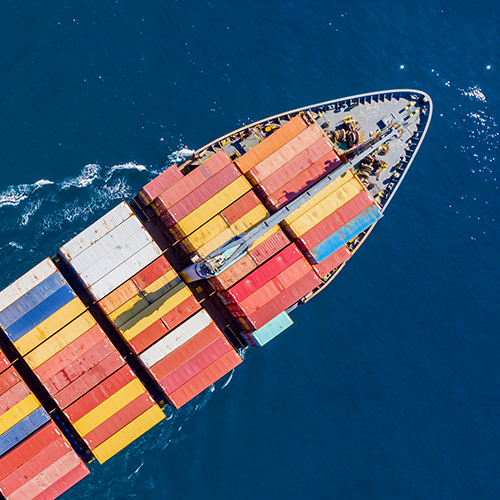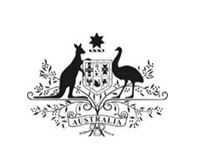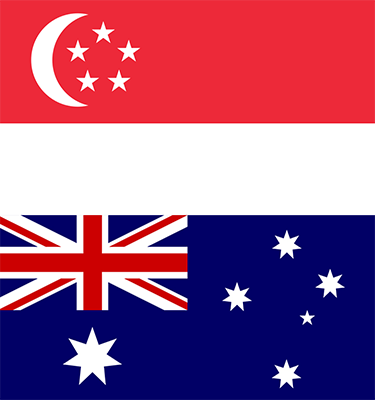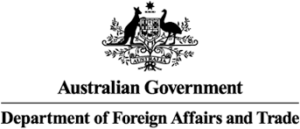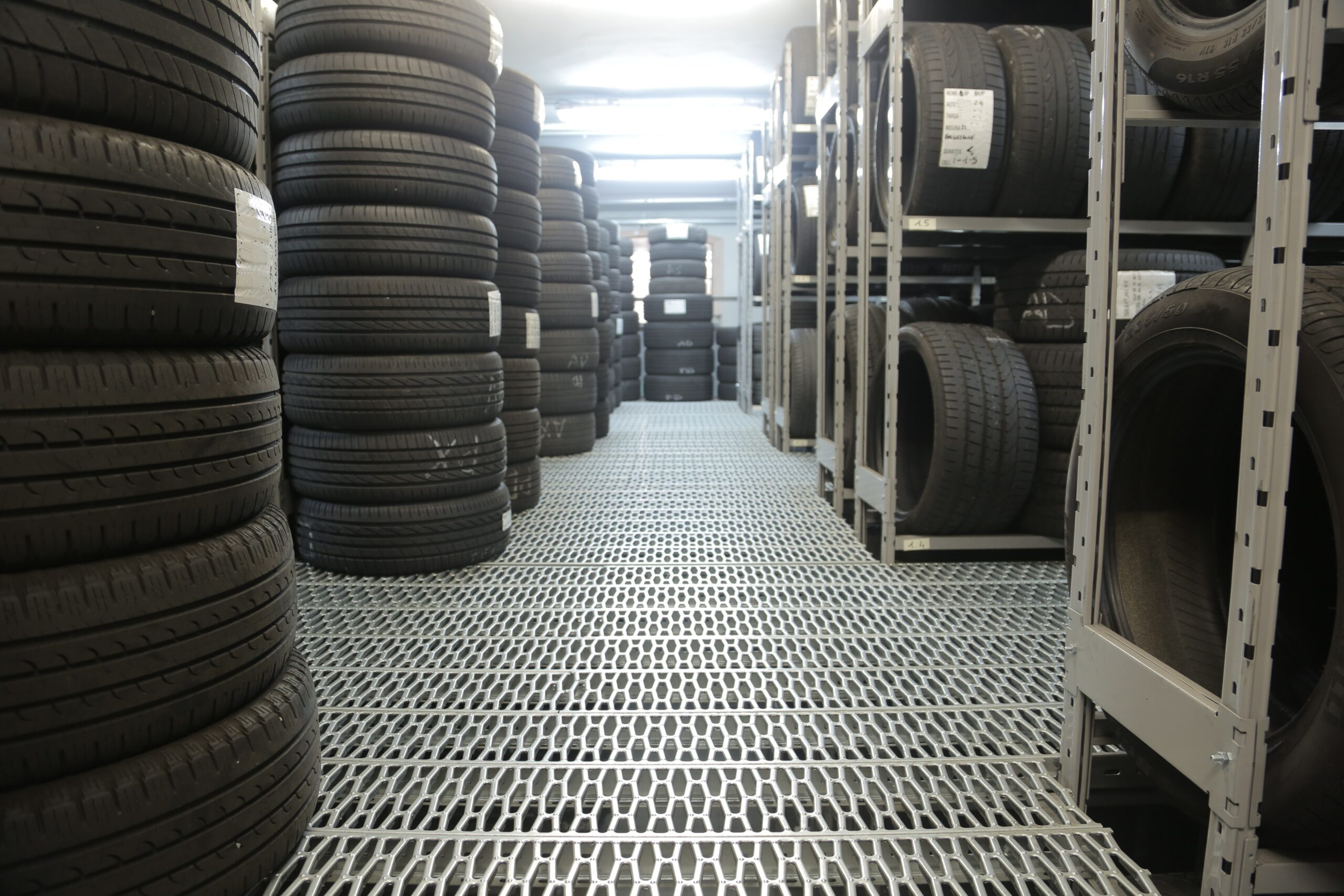Efforts to streamline trade processes must be redoubled to meet changing global challenges
The Australian government has strengthened its commitment to streamlining trade with the recent Federal Budget announcement committing a further $267 million to the Simplified Trade System.
The quantum of Australian exports is large and growing. But it hides the on-the-ground reality of Australia’s 57,000 exporters. For many of them, the experience of exporting is often daunting.

At present, the regulations that impact cross-border goods are administered by a multitude of Commonwealth government agencies. Consequently, exporters have to meet a multitude of requirements, including the same trade data from different agencies.
Our exporting counterparts across the OECD take an average of just four hours to complete documentations for a trade transaction, while Australian exporters slog away for seven.
The World Bank reports that we also face much higher compliance costs. Here in Australia, it costs $354 (2019) to prepare a set of shipping documents, 86% higher than the costs of our OECD counterparts.
We back ourselves to take on the world, but we’re ranked 106th when it comes to getting our goods across Australia’s borders.
This year’s budget announcements suggest an amplification of efforts to create a seamless, efficient modern trade system. This digitalisation can bring Australian trade up to the standards already enjoyed by exporters in hundreds of other countries.
NZIER, a well-respected economic think-tank, suggests that digitalisation of cross-border trade compliance has the potential to fundamentally change how trade is conducted. They estimate that the benefits for economies in the Asia-Pacific region would be between US$8–17 billion over ten years.
Digital trade facilitation is predicted to offer the following benefits:
- Productivity gains – These include ‘one off’ productivity gains from moving away from paper-based systems, ongoing benefits as resources shift from skilled labour-intensive paper systems to more productive activities, and improved ability to innovate.
- Connectivity gains – Increased ability to trade as barriers are broken down, allowing more trade in old products in old markets, old products in new markets, and new products in new markets.
- Predictive gains – Digital trade generates a large amount of new product-specific data at a low cost, which can be used to predict product-specific demand and fluctuation in demand, greatly increasing the ability of suppliers to anticipate demand.
- Visibility and transparency gains – All permissioned parties within the value chain can access one single set of documents (data). This avoids confusion on what trade terms parties agreed upon and clarifies the obligations of each of the parties.
- Inclusiveness gains – By making it easier to trade, trade barriers are reduced especially for Micro, Small and Medium-sized Enterprises (MSMEs). This allows more MSMEs to be involved in trade and share in the potential benefits relative to trading exclusively on the domestic market. It may also improve perceptions of trade more generally.
The prospects for Australia having a ‘tell us once’ trade system is extremely encouraging. There are existing technologies out there that can turn this into reality.
TradeWindow, a software company working with 400 leading exporters and freight forwarders in Australasia, has made significant gains in connecting the commercial, logistics, finance and government data silos present in all global supply chains…
The TradeWindow Cube platform has allowed interoperability between the software platforms used by port authorities, ocean carriers, banks, insurance companies and border agencies.
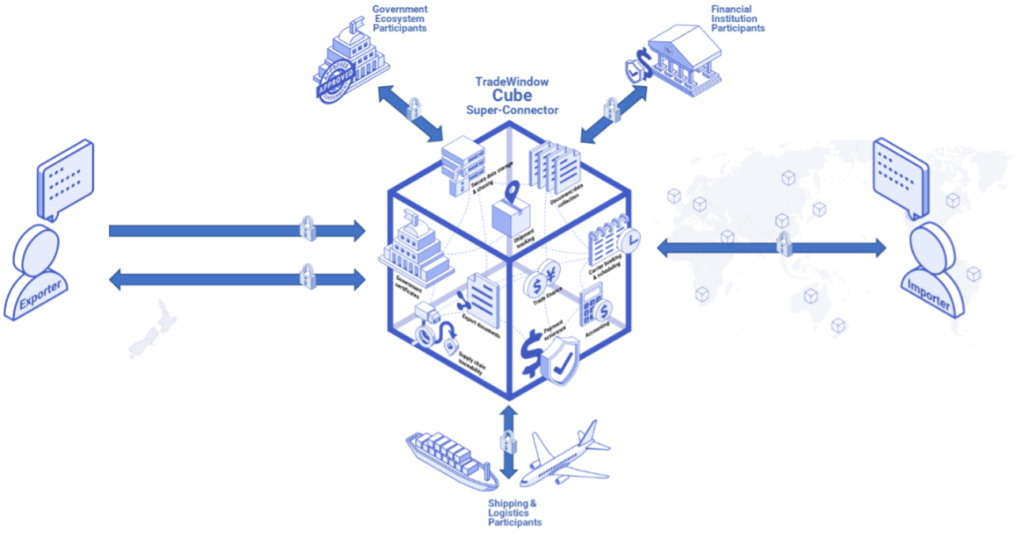
This takes exporters a step closer to realising the vision of end-to-end digital trade facilitation where all parties across the supply chain can work from a single source of truth.
TradeWindow is part of a new generation of solutions, backed by blockchain. It delivers ‘trust’ between parties through a highly secure, encrypted digital platform. This enables trade parties to share data because it is interoperable with other computer systems across the trade ecosystem. Sharing data from source reduces duplication of effort, minimises errors, streamlines compliance, supports product provenance and accelerates trade.
TradeWindow believes that new technology is only part of the equation to deliver the ‘joined up’ solutions envisaged by the Simplified Trade Taskforce. The company’s Chief Executive Officer AJ Smith says we also need ongoing change management.
“Our trade and logistics sectors are often too busy with the task at hand to investigate ways improve or speed up their processes. Many players remain hooked on legacy systems and a mixed bag of spreadsheets and emails. So, in this regard, it’s also pleasing to see the Federal Government invest in programmes supporting digital literacy and uptake in Australia’s SME segment,” Mr Smith says.
Recent trade agreements include high-level provisions to enable digital trade. However, these provisions often leave the question of ‘how’ this will occur. Two obvious ‘work on’ areas are the need to harmonise data standards between trading nations and the urgent need for the Australian government to adopt two further tenets of the UN Model law underpinning future paperless trade.
Like many other APEC economies, Australia has ratified the model law for Electronic Commerce but has yet to do so for Electronic Signatures and Electronic Transferable Records. This is the trade equivalent of running a marathon with your shoelaces tied together.
Recent events such as Covid 19, geopolitical tensions and conflict in Ukraine have revealed a world where we can no longer take stability and prosperity for granted. Australia needs to find new ways to protect and extend its strategic advantages. Bold steps to simplify the trade system will not just make life better for Australia’s 57,000 exporters, and 380,000 importers – it will enhance Australia’s international competitiveness and help meet gaps in global demand.
About TradeWindow
TradeWindow is an NZX-listed software company that provides digital solutions for exporters, importers, freight forwarders, and customs brokers to drive productivity, increase connectivity, and enhance visibility. TradeWindow’s software solutions integrate to form a cohesive digital trade platform that enables customers to more efficiently run their back-end operations, share information and securely collaborate with a global supply chain made up of customers, ports, terminals, shipping lines, banks, insurance companies, and government authorities.

